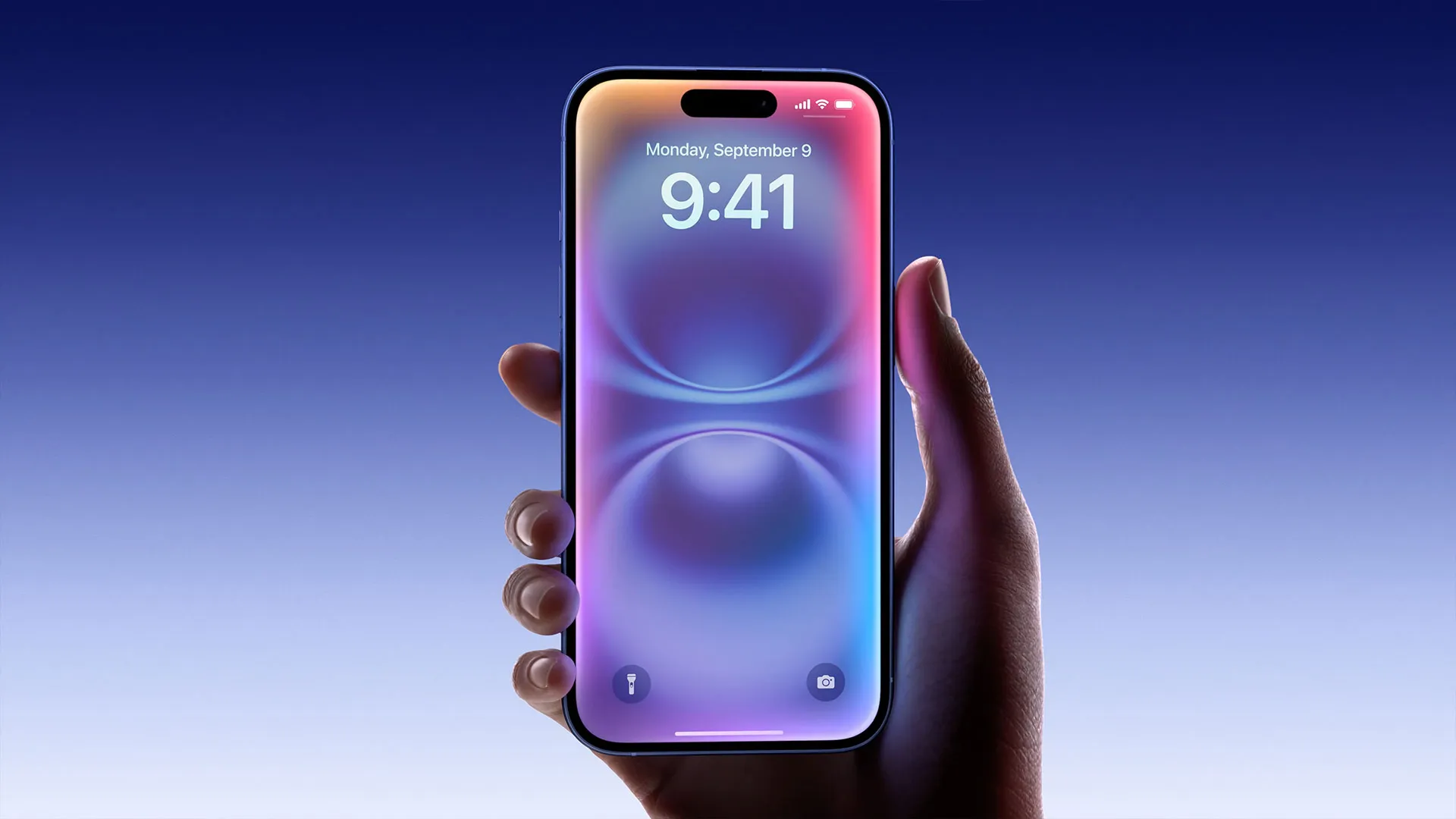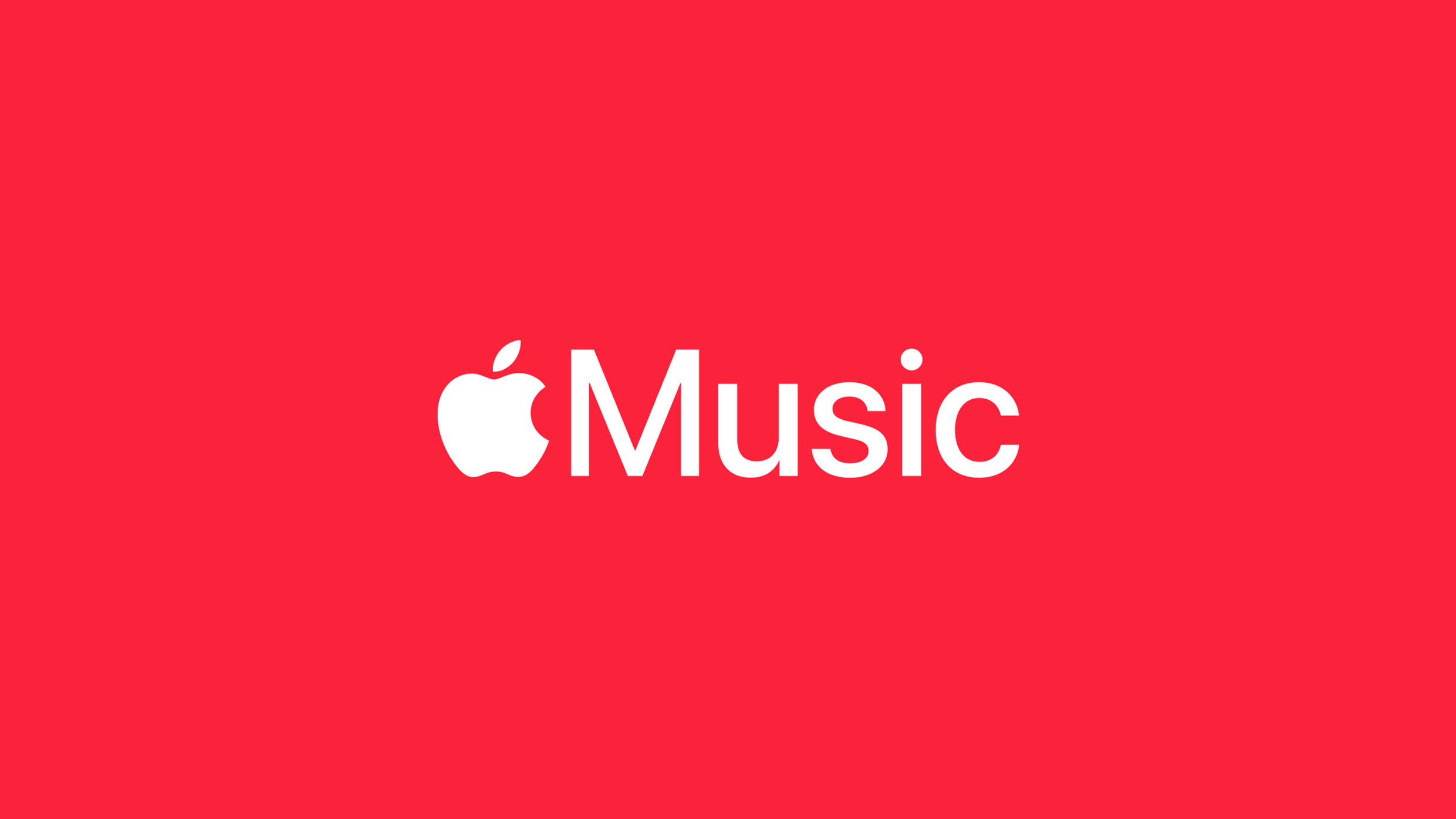Apple has rolled out iOS 18.4, adding a cool new feature to the Image Playground app, part of its Apple Intelligence tools. This update introduces a “Sketch” style, letting users create fun, pencil-drawn images from simple text descriptions. It’s now available on iPhones, iPads, and Macs, making it easy to turn ideas into unique drawings.
The Image Playground app first launched with iOS 18.2 in December, offering two styles: Animation and Illustration. Now, with the Sketch option in iOS 18.4, you get three choices to play with. Whether you’re using the standalone app or its built-in features in Messages or Notes, this update makes creating art even more exciting. Apple first showed off Sketch at WWDC last June, and fans have been waiting for it ever since.
This update doesn’t stop at Sketch. iOS 18.4 also brings Apple Intelligence to more people, adding support for languages like French, German, Spanish, and more. Plus, iPhone and iPad users in the EU can finally enjoy these AI features. Another handy addition is Priority Notifications, which highlights important alerts so you don’t miss them.
The Sketch style is perfect for anyone who loves a hand-drawn look. You can type a quick idea, and Apple Intelligence will whip up a sketch in seconds. It’s simple, fast, and works across apps like Pages or Keynote too. Want to try it? Just update to iOS 18.4, iPadOS 18.4, or macOS Sequoia 15.4. What do you think of this new style? Let us know! This update shows Apple’s push to make AI fun and useful for everyone. With more features and languages, iOS 18.4 is a big step forward.





